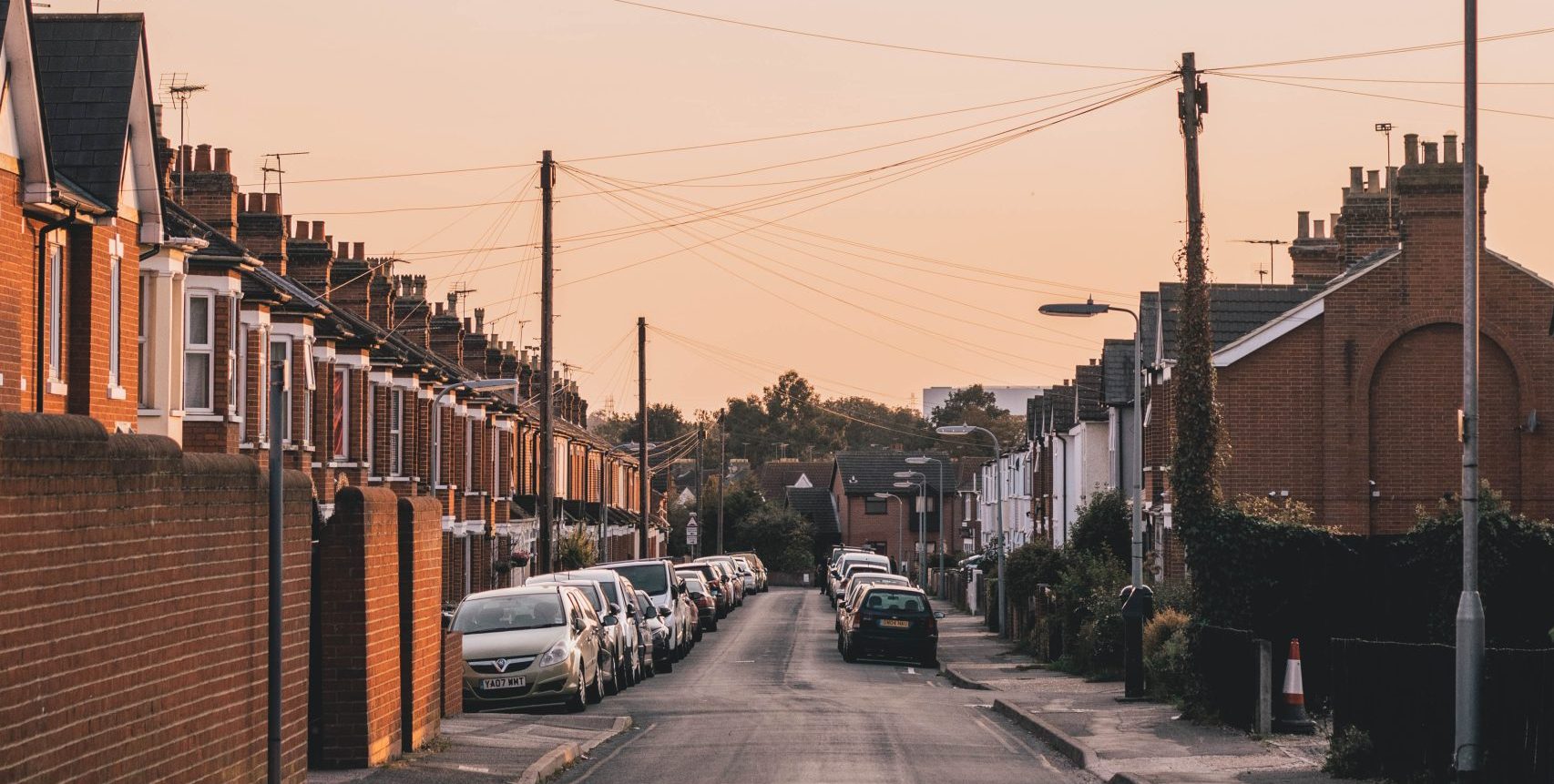Cornelia Junghans is a GP London, a Public Health Specialist and senior clinical fellow in primary care at Imperial College London.
Matthew Harris is a Clinical Senior Lecturer in Public Health Medicine and an honorary public health consultant at Imperial College London. He is on X: @drmattjharris
Azeem Majeed is a GP in London and the Director of the Applied Research Collaborative North West London at Imperial College London. He is on X: @Azeem_Majeed
Last year, Kier Starmer emphasised the need for timely community-based treatment to address health issues before they become expensive to treat in hospitals.1 We know that small changes at population level dramatically improve overall health,2 and that public health spending is 4 times more cost-effective than NHS spending.3 Yet the current budget allocation to public health is 2%.4 In the context of strained health and social care budgets and the current workforce crisis, resources pool at the sharp end. We propose reduced reliance on highly skilled professionals and a focus on health literacy, self-activation and community care.
CHWWs exist globally, but the Brazilian model with its integrated, universal and holistic household approach holds most promise.
Drawing inspiration from Brazil, we suggest building a community infrastructure of trained and paid Community Health and Wellbeing Workers (CHWWs) who work with GPs, community services and local authority. By integrating CHWWs, they can play a pivotal role in coordinating services as trusted contacts within communities that often feel marginalised. The Brazilian model has shown significant improvements in outcomes over the last two decades including the reduction of cardiovascular mortality,5 hospital admissions6 and inequity.7 CHWWs exist globally, but the Brazilian model with its integrated, universal and holistic household approach holds most promise. Proportionate universalism that targets the population in a deprived area can effectively address health inequalities,8 as opposed to initiatives that segment particular groups.
A pilot in Westminster tested the acceptability and feasibility of this model in England.9 The programme demonstrated increased vaccination and screening rates and a 7% drop in unscheduled GP visits in the first year.10 Rather than create demand, CHWWs reduced it, while finding those who need care but do not seek it.6
Long-term funding and widespread support to implement this effective and timely intervention are essential to make it sustainable.
Training and upskilling volunteers and connecting them to employment opportunities in the NHS will also address the current workforce crisis. Becoming an effective CHWW requires cultural competence, passion for the community, non-judgmental attitudes, good listening skills and problem-solving abilities. The CHWW apprenticeship provides a basis for learning and professionalism, enabling individuals to start working in the community immediately and acquiring a foundation for further development within NHS Integrated Care Systems (ICS). This investment in community would raise health literacy levels and foster self-care.
CHWWs in England could be even more impactful in the UK than in Brazil given wider availability of services, acting as a catalyst between healthcare, social care and public health, and providing vital community infrastructure to improve population health status and outcomes. If we deployed CHWWs nationwide to promote health, address wider determinants and support chronic disease management, considerable savings are likely to be achieved within public health, social care and NHS budgets, alongside significant health improvements. Funding for this initiative should be secured through long-term and reliable sources, such as an addition to the fixed part of the Public Health grant.
Creating an English family health strategy, similar to Brazil, is a feasible and frugal political choice to address the current challenges in the healthcare system7 and has already scaled to other locations across the country.8 Long-term funding and widespread support to implement this effective and timely intervention are essential to make it sustainable.
References
- Keir Starmer unveils Labour’s mission to create an NHS fit for the future – The Labour Party accessed 31/8/24
- Rose G. Sick individuals and sick populations. International Journal of Epidemiology 1985;14:32–38.
- Is an ounce of prevention worth a pound of cure? : A cross-sectional study of the impact of English public health grant on mortality and morbidity (whiterose.ac.uk) accessed 31/8/24
- HC 1053 – Department of Health and Social Care Annual Report and Accounts 2020-21 (publishing.service.gov.uk) accessed 31/8/24
- Rasella D, Harhay MO, Pamponet ML, Aquino R, Barreto ML. Impact of primary health care on mortality from heart and cerebrovascular diseases in Brazil: a nationwide analysis of longitudinal data. BMJ. 2014 Jul 3;349:g4014. doi: 10.1136/bmj.g4014. PMID: 24994807; PMCID: PMC4080829.
- Macinko J, Dourado I, Aquino R, Bonolo Pde F, Lima-Costa MF, Medina MG, Mota E, de Oliveira VB, Turci MA. Major expansion of primary care in Brazil linked to decline in unnecessary hospitalization. Health Aff (Millwood). 2010 Dec;29(12):2149-60. doi: 10.1377/hlthaff.2010.0251. PMID: 21134915.
- Macinko J, Lima-Costa MF. Horizontal equity in health care utilization in Brazil, 1998-2008. Int J Equity Health. 2012 Jun 21;11:33. doi: 10.1186/1475-9276-11-33.
- Marmot M, Allen J, Boyce T et al. Health Equity in England: The Marmot Review 10 Years On. Institute of Health Equity. 2020 (www.health.org.uk/publications/reports/the-marmot-review-10-years-on)
- Ebikeme C. Could Brazil’s community health model ease pressure on NHS general practice? BMJ. 2023 May 31;381:1203. doi: 10.1136/bmj.p1203. PMID: 37257895.
- Junghans C et al. Learning from the universal, proactive outreach of the Brazilian Community Health Worker model: Impact of a Community Health and Wellbeing Worker initative on vaccination, cancer screening and NHS health check uptake in a deprived community in the UK” BMC Health Services Research (in press)
- Year One Evaluation of a Community Health and Wellbeing Pilot in Westminster. Westminster City Council. Imperial College London. July 2022 (available from the authors)
- Hayhoe B, Cowling TE, Pillutla V, Garg P, Majeed A, Harris M. Integrating a nationally scaled workforce of community health workers in primary care: a modelling study. J R Soc Med. 2018 Dec;111(12):453-461. doi: 10.1177/0141076818803443. Epub 2018 Oct 4. PMID: 30286301; PMCID: PMC6295943.
- Community Health and Wellbeing Worker programme – NAPC accessed 31/8/24
Photo by Super Straho on Unsplash







An excellent proposal and article! Congratulations